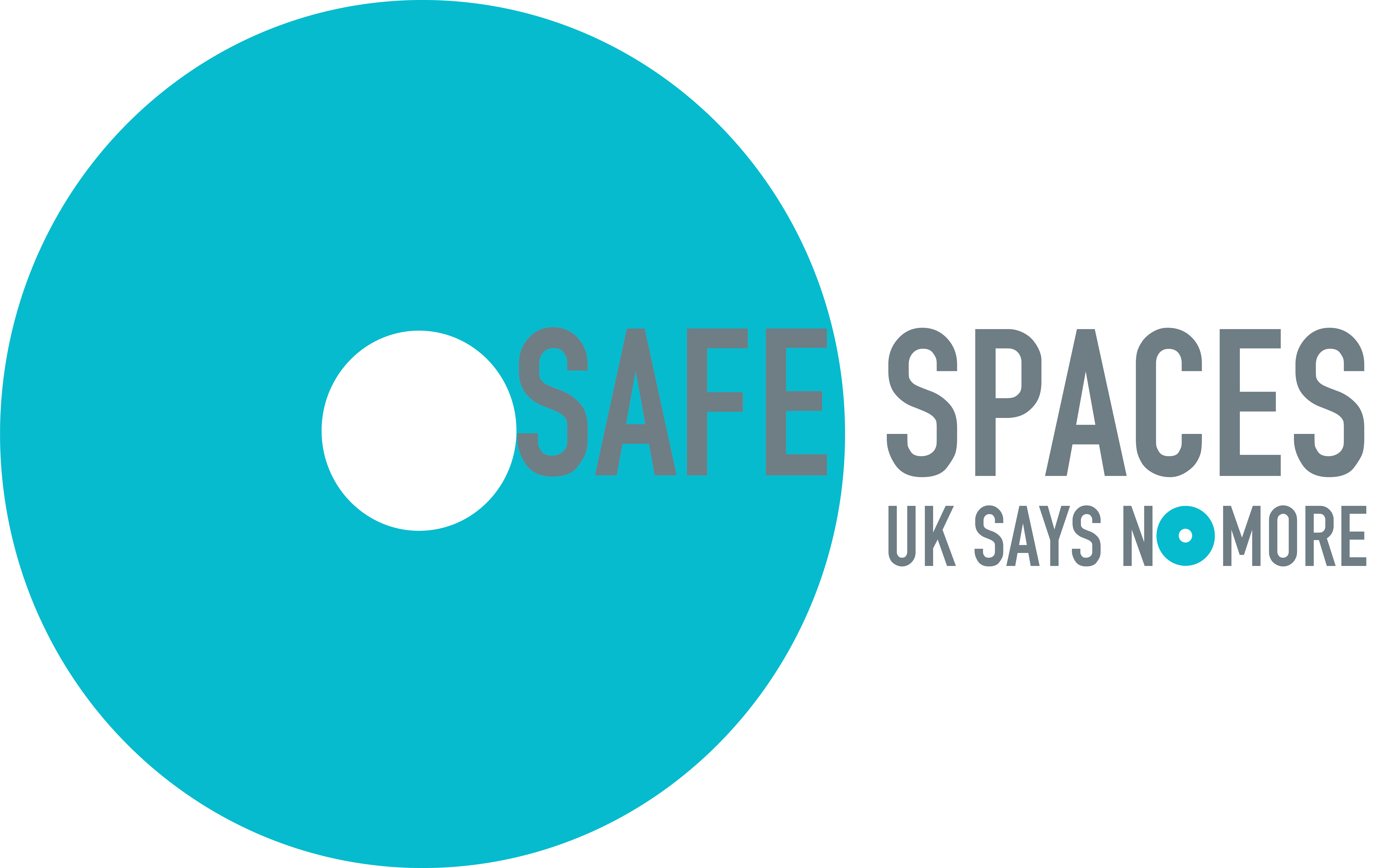
Black History Month exists to battle a sense of historical amnesia and remind us all that black people were also a contributing part of our nation’s history. It acts as a way to counteract the invisibility of black people and to challenge the negative stereotypes and imagery that have often been the only way in which black people are depicted in popular culture and in the media. In the UK, it’s a way of recognising the celebrities of American history such as Dr Martin Luther King and Rosa Parks as well as an opportunity to recognise our own historical figures such as Mary Seacole, the Bristol Bus Boycotters and Stephen Lawrence.



